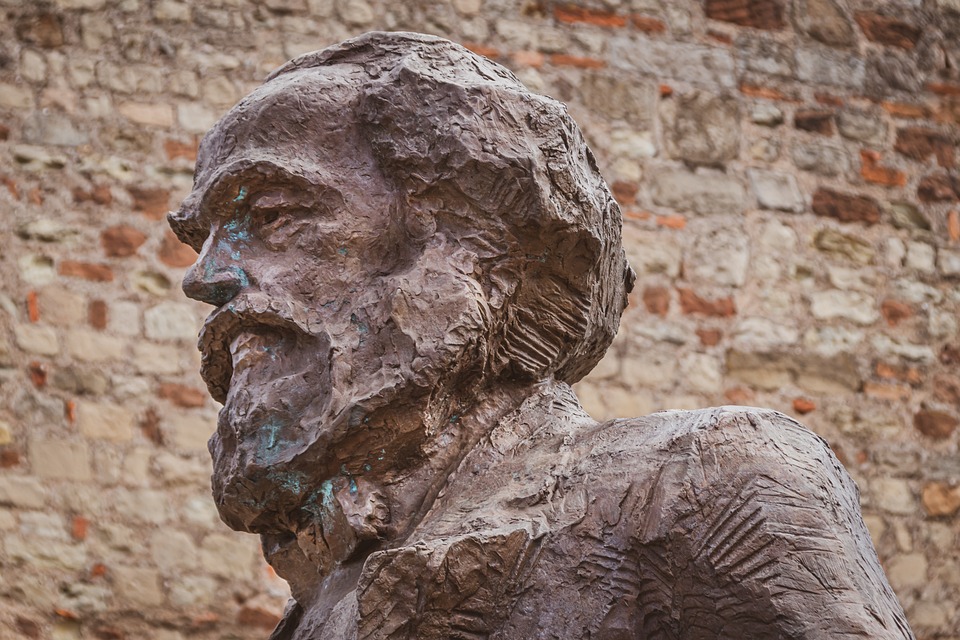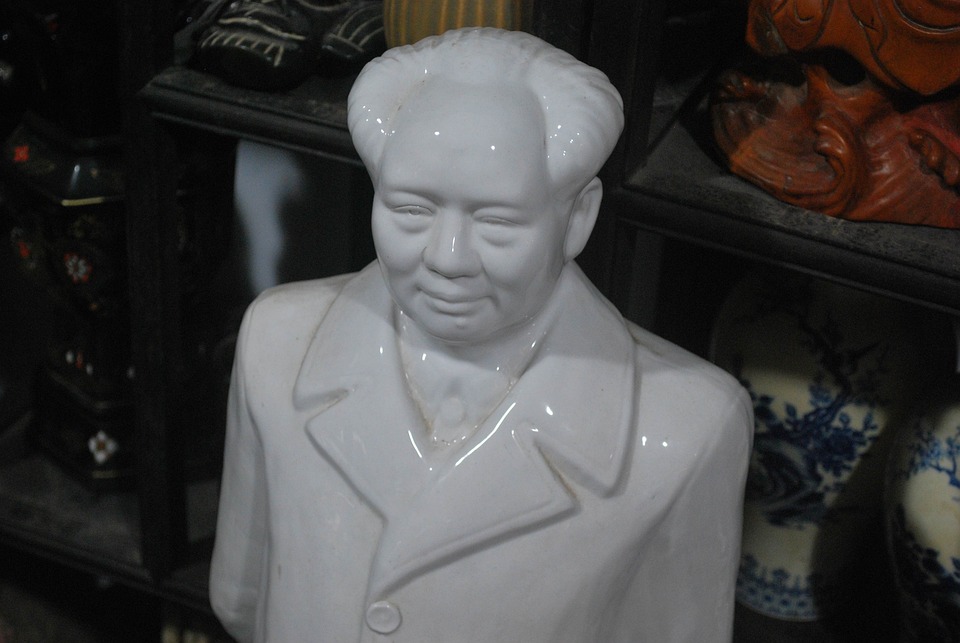Introduction
Marxism and globalization are two concepts that have been central to discussions about the modern capitalist system. While globalization is often perceived as a positive force that promotes economic growth and interconnectedness, Marxism offers a critical perspective on the ways in which neoliberal capitalism perpetuates social inequalities and exploitation. In this article, we will explore how Marxism provides a critique of neoliberal capitalism in the context of globalization, highlighting the contradictions and shortcomings of the current global economic system.
Neoliberal Capitalism and Globalization
Neoliberal capitalism is a system of economic organization that prioritizes free markets, deregulation, and privatization. It emerged in the late 20th century as a response to the perceived failures of Keynesian economics and state intervention in the economy. Neoliberal policies have been promoted by international institutions such as the International Monetary Fund (IMF) and the World Bank, as well as by powerful corporations and political elites.
Globalization, on the other hand, refers to the increasing interconnectedness of the global economy through trade, investment, and the flow of information. Advances in technology and communication have made it easier for goods, services, and capital to move across borders, leading to the integration of national economies into a single global market.
Neoliberal capitalism and globalization are often seen as complementary forces that promote economic growth and efficiency. Proponents argue that free trade and competition lead to lower prices, increased productivity, and higher living standards for all. However, critics argue that these benefits are unevenly distributed, with the wealthy and powerful reaping the most rewards while the poor and marginalized are left behind.
The Marxist Critique of Neoliberal Capitalism
Marxism provides a critical perspective on the ways in which neoliberal capitalism perpetuates social inequalities and exploitation. According to Marxist theory, capitalism is an inherently exploitative system in which the bourgeoisie (the owners of capital) extract surplus value from the proletariat (the working class) through the process of wage labor.
Neoliberal capitalism exacerbates these inequalities by prioritizing the interests of corporations and the wealthy over the needs of workers and the environment. Deregulation and privatization have led to the erosion of labor rights, environmental protections, and social welfare programs, leading to a race to the bottom in terms of wages and working conditions.
Furthermore, globalization has enabled multinational corporations to outsource production to countries with lower labor costs and weaker regulations, creating a global supply chain that exploits workers in the Global South. Sweatshops, child labor, and environmental degradation are common in many developing countries that serve as cheap sources of labor for Western companies.
Marxists argue that this system of exploitation and inequality is unsustainable and ultimately detrimental to the long-term interests of all. The accumulation of wealth in the hands of a few leads to overproduction, financial crises, and social unrest, while the degradation of the environment threatens the future of the planet.
Alternatives to Neoliberal Capitalism
Marxists propose alternatives to neoliberal capitalism that prioritize the needs of workers, communities, and the environment over the profits of corporations. They advocate for the democratization of the economy through worker ownership, cooperative enterprises, and public ownership of key industries. This would ensure that the benefits of economic growth are shared more equitably among all members of society.
Furthermore, Marxists call for the implementation of progressive taxation, higher wages, and stronger labor protections to address income inequality and exploitation. They also emphasize the importance of social welfare programs, universal healthcare, and education to ensure that all members of society have access to the resources they need to thrive.
In the global context, Marxists advocate for fair trade agreements that prioritize the needs of workers and the environment over the profits of multinational corporations. They also call for debt relief, reparations, and development assistance for countries in the Global South that have been exploited by colonialism and neoliberal capitalism.
Conclusion
In conclusion, Marxism offers a critical perspective on neoliberal capitalism and globalization, highlighting the ways in which these systems perpetuate social inequalities and exploitation. By challenging the dominant narratives of free markets and deregulation, Marxists provide a powerful critique of the current global economic system and offer alternatives that prioritize the needs of workers, communities, and the environment.
As we continue to navigate the complexities of the global economy, it is important to consider the insights of Marxist theory and the ways in which it can provide a framework for understanding and addressing the contradictions and shortcomings of neoliberal capitalism. Only by challenging the status quo and promoting a more just and sustainable economic system can we hope to create a world in which all members of society can thrive.




